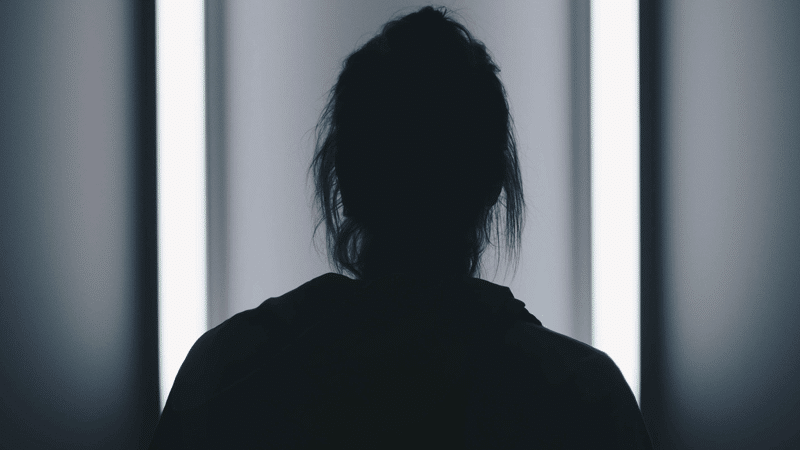A Labour Party think tank has called for a ban on “nudification” tools which can be used to create pornographic images of real people.
In a policy paper containing proposals to tackle ‘misinformation’, Labour Together said Ofcom should fine web companies and search engines that do not take reasonable to steps to prevent “harmful deepfakes”.
Peter Kyle, the Shadow Secretary of State for Science, Innovation and Technology, said the Labour Party would consider the recommendation amid the “deeply concerning” rise of nudification tools.
‘Dehumanising’
Of 1,203 British adults interviewed by Whitestone Insight for Christian Action, Research, and Education (CARE), 79 per cent agreed that the Government should ban websites and apps which use artificial intelligence to “simulate sexually explicit content such as undressing women and children”. Only 5 per cent disagreed.
Louise Davies, Director of Advocacy and Policy at CARE, said: “Last year it was estimated that links advertising ‘nudification’ tools increased by 2,400%. This sinister tech allows users to digitally undress women and children in photographs. Some platforms also allow users to create new pornographic videos where subjects appear to do whatever the user asks.
“This tech dehumanises women and girls. And deepfake images, often created and shared without consent, cause serious mental and physical distress to victims. A ban is supported by the public at large, and it is the morally right course of action. We would urge Labour to officially adopt this proposal.”
Jail
Earlier this year, the Crown Prosecution Service (CPS) outlined guidance on prosecuting those convicted of sharing deepfake pornography, cyberflashing or downblousing images.
Those who share intimate pictures without consent, even if the image is digitally created, can now be placed on the sex offenders register, fined, and sentenced to jail for up to two years.
Siobhan Blake, the CPS’s Deputy National Lead on Rape and Serious Sexual Offences, stated: “Women and girls should be able to go about their lives and daily commutes without being subjected to and bombarded with unwanted sexual images. Our prosecutors are ready and committed to tackling this unacceptable behaviour.”
She added: “The Online Safety Act and our accompanying guidance will give prosecutors powerful tools needed to go further in safeguarding women and girls against predatory online behaviours.”
Creative Scotland pulls £110k of public money from pornographic film


